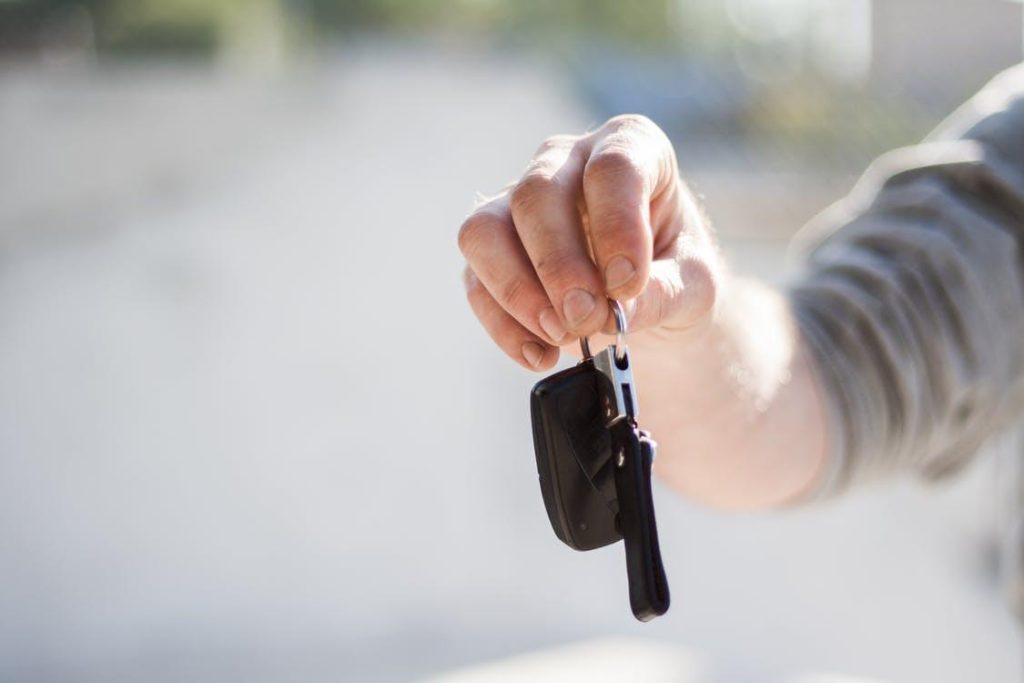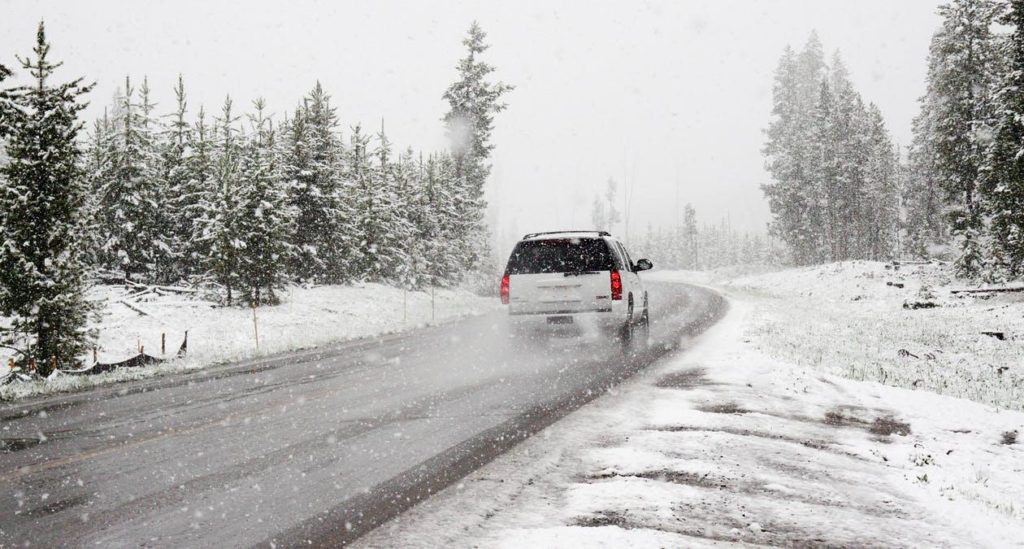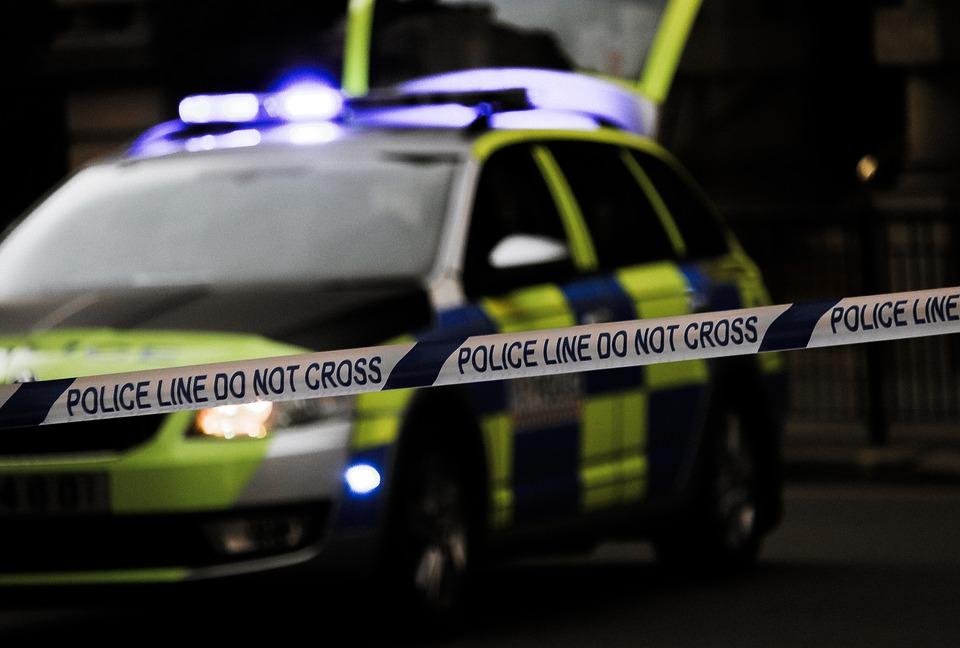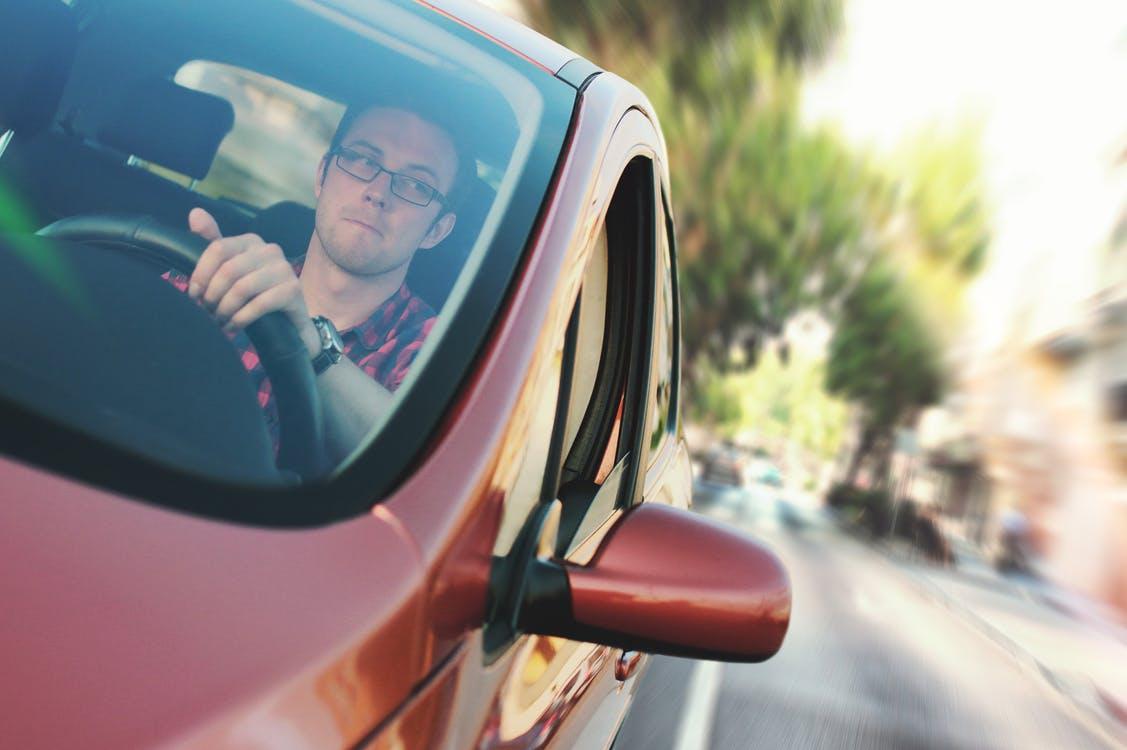Education is a tricky subject, and that’s no different for creating new drivers. It’s unquestionable that new drivers are the most likely to get into all kinds of trouble on the road: financial, legal, and even accident related. We focus so much on teaching the practicalities of what it is to drive, we don’t focus enough on the responsibility that comes with it. Responsibility is, in a part, learned. But the sooner we start introducing the concepts that our new drivers need to know, the sooner we create someone who is truly fit for the road, not just able to drive on it.
Choosing the right car
There are a lot of factors that go into choosing a car. It depends on the priorities of the driver. But new drivers should be a little more sensible in deciding their priorities. Choosing for speed and luxury won’t encourage the best of responsible behaviors for them. When helping them pick a car, think about the factors that are truly going to impact both their enjoyment of a car and ability to handle it. Look at the best cars for new drivers with a mind on security features, on where they’re using it and what for, and of course the cost. You want a mix of safety, style, utility, and affordability.
Knowing the car
By improving how well they learn the car they’re going to be driving and paying more attention to it, any first-time driver is going to come away with it with a lot more applicable knowledge. For one, learning about the different parts of the car, how reliable they are, and what tends to fail first, they can be prepared for the cost of repairs and how to offset them. But more importantly, by learning to pay attention to the car, they can start recognizing the warning signs that it might need a checkup. That way they can act proactively on those signs and get it fixed before it becomes a more expensive problem or even puts them in danger on the road.
Taking care of the auto
Once they’ve got their license, it might be time to teach them the other side of being a car owner: caring for the vehicle itself. Everyone can do some light bits of maintenance, such as checking the oil, rotating the tires, caring for the body and so on. But the more willing a driver is to learn some DIY fixes, like replacing brake pads, air filters, and spark plugs, the better condition the car will stay in. Of course, it’s essential they get to know their mechanic well. Helping them find reputable ones with competitive prices and transparent invoicing can make a huge difference in how much they’re going to pay in the long-run.

Loans and credit
Which brings us to the money side of things. For a lot of people, getting an auto loan is their first real experience with dealing with loans and their credit in any real meaningful way. They might have got into financial agreements in the past but they weren’t aware how much of an impact they can have on their life. When choosing a first car loan, going for the biggest possible loan you can afford is rarely the best tactic. Instead, you have to take a loan and buy a car with a reasonable, realistic payment strategy in mind. If they haven’t bought their first car yet, then it might be worth helping them take a look at their credit score if they’ve had debt or credit cards in the past. By improving the credit score and saving up for a larger down payment, they might be able to get a loan that’s more favorable.
Learning the ins-and-outs of insurance
The most significant financial consideration beyond the auto loan is the insurance deal you take out on it. Here, the most immediately tempting option is to go for the cheapest insurance. It’s what a lot of drivers do, and it’s why a lot of drivers find themselves underinsured, not qualifying for a claim when they need it. First-time drivers are going to have higher rates in general, so make sure they’re ready for that reality. Getting added to an existing policy is much better for them. For one, when they move onto their first deal on their own, insurers aren’t going to see them as uninsured and thus high-risk. There are discounts on policies involving multiple cars that both the original owner and anyone joining the deal can both benefit from, too. If a new driver has to go on their own, it’s worth being ready to pay a little more up front. For one, insurers offer better deals for those who pay in full. But it might also be smart to pay for a broker. The savings they can get you thanks to their discount from insurers often make up for their fees and you are much less likely to end up underinsured.
The importance of focus
Let’s move onto safety on the road. There are aspects of this that any first-time driver is going to pick up when learning for both their practical and theory tests. However, there are lessons that don’t get prioritized as much as they should or that simply don’t get retained. The importance of keeping one’s focus and avoiding distracted driving at all costs is one that should not be understated. Amongst younger drivers, accidents are a lot more likely because distraction is a lot more prevalent. They are more likely to think it’s safe to use their phone or do their makeup when they’re stopped at a traffic light. They are also a lot more likely to have friends using the car to socialize, rather than keeping their focus on the road. That focus can be the few seconds of difference between a collision and a near miss if they come in contact with a reckless driver.

Preparing for bad driving
If someone learns how to drive on good roads in the mildest spring you could hope for, they have the optimal conditions to learn how to drive. It does, however, leave them unprepared for the real danger of bad road conditions. Doing some research on how to prepare for and avoid things like potholes and other road damage is important. But much more likely is their need to drive in the rain, wind, snow, and sleet. Practicing defensive driving and equipping the car for bad weather are lessons they need to learn before those seasons hit, not in the middle of them.
Preparing for a crisis
They can take great care of their vehicle, they can drive defensively, they can use all their safety features, and they can keep their focus on the road. The chances are they’re going to suffer a crisis on the road at some point. Every driver is expected to be in an accident at least twice in their lives, but breakdowns are a lot more common and can be just as dangerous. Knowing how to deal with breakdowns, like packing an emergency kit is crucial. These kits should include high-visibility gear to make your stationary car a lot safer, first-aid kits to deal with any injuries, things like a jumper cable to help you get back up on the road, and even a charged phone to help you call the right assistance.
Handling a crisis
Accidents need to be handled with even more care than a breakdown, of course. Not only are there the serious health risks to be considered, but the legal implications that follow every single collision. People should know what to do in the event of an accident at all times. That includes calling your insurance providers, the emergency services, and an accident attorney as necessary. If possible, checking up on the others involved in the crash and moving them or the vehicles out of the way should come next. From there, it should be up to the insurance companies to handle compensation, but if there’s any sign the truth might be contested, avoid talking to the others involved in the crash too much or avoiding fault. Instead, take picture evidence, start keeping track of damage and medical expenses, and if there are witnesses, ask for their details.

Getting in trouble
Accidents aren’t the only legal troubles to be concerned with on the road. Most drivers are going to be stopped by the police at some point. Sometimes you might not be aware you or your car is breaking the law, or you might be stopped on suspicion of something you haven’t done. Regardless of how just or unjust you think it is, reacting appropriately to a police stop is a skill that’s essential to learn. Pull over when you’re ordered to. Keep your hands on the wheel, beyond turning down the radio. Only do exactly what the officer asks, don’t reach for your license or registration without being told to. Be polite, be calm, and be courteous. Police officers on the road deal with a lot of stress and an ever-lingering sense of risk. If you try to take the initiative in the encounter or be unreasonable, you make it only more likely you get in real legal trouble or even more serious danger.
If you have a sibling, a child, or a close friend learning to drive, make sure that you’re there to keep them on the right path both when they’re behind the wheel and not. It will make their life as a driver go all the smoother.

